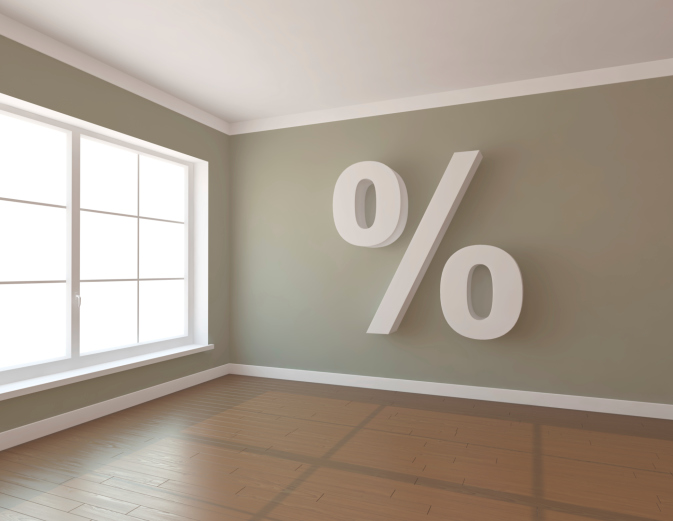Considering a Reverse Mortgage Loan? Here’s What You Need to Know
 Many seniors are looking for a great way to improve their financial situation. Retirement or semi-retirement can be difficult due to the need to live on a fixed income. Some may have been unable to save enough in their working years, or their accounts may have been hit hard by stock market fluctuations. Still others are feeling the effects of inflation and the rising costs of medical care and general living expenses. If you are like many other seniors, you may not have a huge cash reserve available in your bank account, but you may have a sizable nest egg in your home. The fact is that you can tap into that equity without selling your home or taking on a mortgage payment when you apply for a reverse mortgage.
Many seniors are looking for a great way to improve their financial situation. Retirement or semi-retirement can be difficult due to the need to live on a fixed income. Some may have been unable to save enough in their working years, or their accounts may have been hit hard by stock market fluctuations. Still others are feeling the effects of inflation and the rising costs of medical care and general living expenses. If you are like many other seniors, you may not have a huge cash reserve available in your bank account, but you may have a sizable nest egg in your home. The fact is that you can tap into that equity without selling your home or taking on a mortgage payment when you apply for a reverse mortgage.
What Is A Reverse Mortgage?
A reverse mortgage is a unique type of loan that utilizes the current equity in your home and allows you to make regular withdrawals from that equity. Rather than you making a payment to a lender, the lender pays the funds to you. The terms of the mortgage are structured so that you will never owe more money on the reverse mortgage than the home is worth. When you decide to sell it or when your estate is being settled, the home’s value will pay off the mortgage. This essentially gives you the opportunity to keep living in your home and to use the equity now when you need it most.
Is This The Right Option For You?
A reverse mortgage is not suitable for everyone, but it may be suitable for you. You can easily learn more about the amount of payments that you could receive on a monthly basis if you were to apply for a reverse mortgage, and you can consider how these payments would ease your financial concerns. This loan will decrease the amount of equity you have in your home over time. Therefore, if you have plans to sell your home later and use the equity for other retirement plans, you should carefully consider if the reduction in equity is feasible for your situation and goals.
One of the best steps that you can take is to learn more about this option. You will not know if a reverse mortgage is suitable for your financial needs and long-term goals unless you take the step of speaking with a loan agent.

 When applying for a new home mortgage, many loan applicants initially consider applying for a 30-year fixed rate mortgage. This is perhaps the most common and traditional type of mortgage available. It allows you to enjoy the opportunity to pay for your home over the course of 30 years with equal payments every month. While this is one option, there are actually multiple choices available. For some applications, a variable rate mortgage may be more advantageous. If you are comparing the options between a fixed rate and a variable rate mortgage, you may consider a few points.
When applying for a new home mortgage, many loan applicants initially consider applying for a 30-year fixed rate mortgage. This is perhaps the most common and traditional type of mortgage available. It allows you to enjoy the opportunity to pay for your home over the course of 30 years with equal payments every month. While this is one option, there are actually multiple choices available. For some applications, a variable rate mortgage may be more advantageous. If you are comparing the options between a fixed rate and a variable rate mortgage, you may consider a few points. When you initially start shopping for a home mortgage, you may be drawn to advertisements for ultra-low interest rates. These may be rates that seem too good to be true, and you may gladly contact the lender or mortgage company to complete your loan application. However, the unfortunate truth is that all too often, mortgage applicants are unpleasantly surprised and even disheartened to learn that they do not qualify for the advertised interest rate. By learning more about the factors that influence your interest rate, you may be able to structure you loan in a more advantageous way.
When you initially start shopping for a home mortgage, you may be drawn to advertisements for ultra-low interest rates. These may be rates that seem too good to be true, and you may gladly contact the lender or mortgage company to complete your loan application. However, the unfortunate truth is that all too often, mortgage applicants are unpleasantly surprised and even disheartened to learn that they do not qualify for the advertised interest rate. By learning more about the factors that influence your interest rate, you may be able to structure you loan in a more advantageous way.